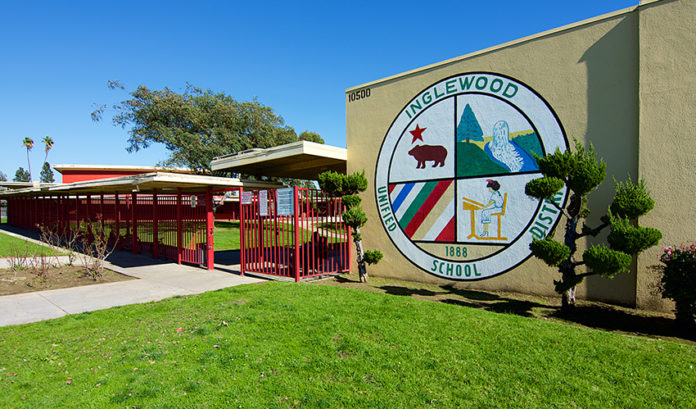Students within the Inglewood Unified School District suffer from lack of funding, poor allocation of resources, and removal of after-school programs initially designed for Inglewood’s students and community members to succeed. The quality of education and the lack of resources within our community have displaced the members and forced them to seek better educational opportunities elsewhere, creating a strain on schools and affecting the remaining students’ development.
With Inglewood being a predominantly Black and Latinx community. Many residents are low to extremely low-income, and approximately 24% of Inglewood’s residents do not have a high school diploma. Education is a predictor of many future hardships such as financial stability, quality of life, and health. The city of Inglewood needs to prioritize education for the youth by increasing funding to add extracurricular activities, job training, financial literacy, and other applicable skills to further encourage development and performance in this community.
How is it that “The City of Champions,” the home of two, soon to be three, multi-purpose arenas, has no control over the future of their children? Since 2012, The Inglewood Unified School District has been under State Receivership, which occurs when schools and districts need financial assistance from the government. Today, Inglewood is the only place in California that does not have control over its school district. Leaving educational
decisions up to state approval puts schools within this community in a vulnerable position. The district’s state has led many parents to move their children to the surrounding school districts, leaving parents who cannot move their children to better education opportunities in an even worse predicament. There has yet to be accountability from our city leaders and officials for this unkempt district. Luckily, our elected officials can implement immediate changes to provide stability for our youth.
Although we can empathize with financial difficulties, especially with COVID-19 as a factor, extracurricular activities should not be put on the backburner. Extracurricular activities and specialized curriculums such as financial literacy, ethnic studies, community awareness, technical education courses, etc., are important to education and development for young children and adolescents. The facilitation and incorporation of these activities will increase academic performance, social cohesion and support systems, and new skills. This is an important step in reconstructing the Inglewood education system. Additionally, demanding funds from the developmental projects listed above to fund social services is important in improving Inglewood’s education system. Inglewood lacks sufficient social workers and counselors within the schools, which leaves a gap in how they can positively reach and impact more students. These professionals can provide insight into many disciplinary procedures and promote positive mental health practices within the youth.
We, the citizens of Inglewood, have to take charge of the futures of our youth and demand that Mayor Butts, the board of directors, and the remaining elected officials make a concerted effort to take control of Inglewood Unified School District and stop being content with the future of our youth being in the hands of the state. We need to hold these officials accountable to our kids, nieces, nephews, and grandchildren because if we don’t, who will? Who will break the pattern of disinvestment within our community? We must fight for our youth! We must stop accepting what has always been as the way it will always be; complacency is destroying our community, and quality of education is at the center of future health, racial and wealth disparities.
Written By:









